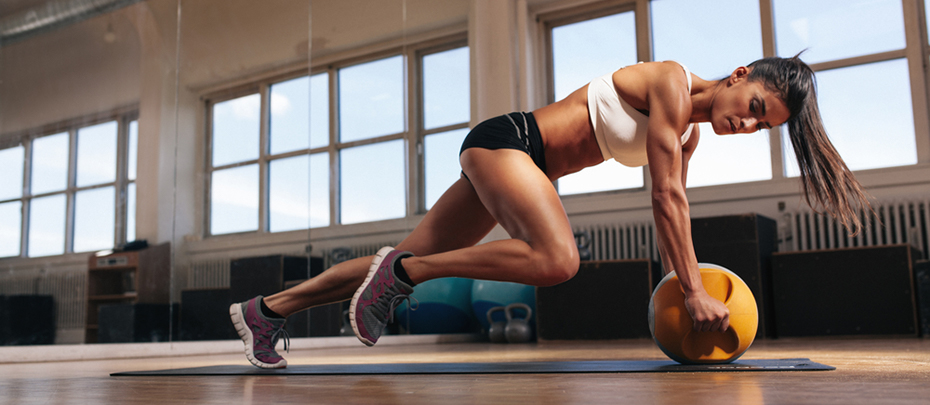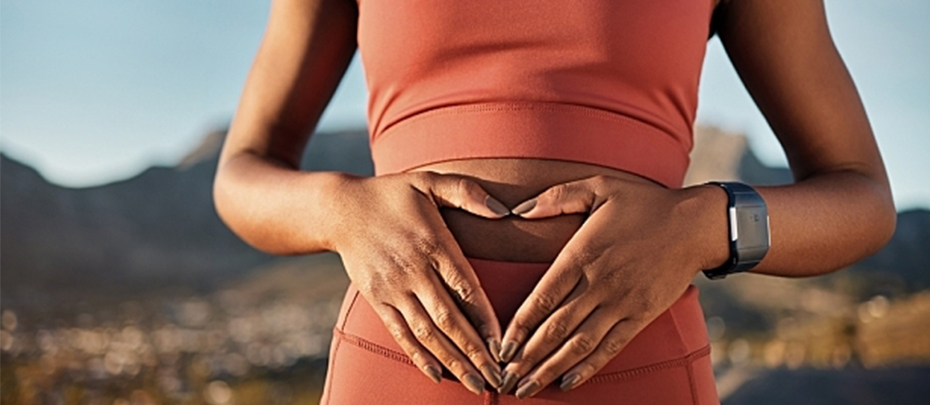As sweat is produced to cool your body, your internal water levels are slowly depleted. It's important to replace water as it's lost to stave off dehydration and maintain peak athletic performance.
Challenging exercise can drain your body of electrolytes: special minerals that help the brain, heart, gut, and muscles send and receive electrical signals. Electrolytes are critical for next-level athletic performance as well as basic biological functioning.
"Sodium and chloride are the electrolytes that we lose the most," says Williams. Losing sodium and chloride can reduce power, strength, agility, skill, and concentration, all of which are essential for elite athletes. Additional electrolytes are lost when you sweat: calcium, magnesium, and phosphate, all of which are important for muscle health and muscle repair post-workout. Even the best of the best can lose their edge near the end of training sessions, races, and games if they're low on electrolytes.
But not everyone sweats the same way, and athletes who lose too many electrolytes can experience performance-hindering cramps. "Athletes who sweat profusely, especially if they lose a lot of salt through sweat, are at a greater risk for cramping," Williams explains. Have you ever noticed white grit on your skin after an incredibly hard work out? That's essentially salt.
Advanced Hydration and Nutrition for Elite Performance and Recovery
"What if your job was to perform athletic feats day after day? If your body had to be consistently primed to perform?" Williams puts forth. "You would soon realize that without the right fuel on board, you couldn't crank through the task at hand."
Elite athletes don't have the option of taking a day off when they aren't feeling their best. To continue improving their performance, they must be prepared to work harder day after day. That's where a rehydration solution such as Pedialyte® Sport comes in.
"For decades, athletes have been using Pedialyte products to help them rehydrate during and after intense workouts," says Williams. New Pedialyte® Sport is an advanced hydration option formulated especially for athletes - with five key electrolytes for fast rehydration and muscle support. This new hydration product for athletes also has three times the electrolytes and 1/4 the sugar of the leading sports drinks*. "Pedialyte can help cover both the fluid and electrolyte losses that elite athletes will experience due to training or competitive games and races.” adds Williams.
Pedialyte® Sport’s unique formula with five electrolytes, including sodium, potassium, magnesium, chloride, and phosphate, is specifically designed for elite athletes.
Combine Hydration and Nutrition for Recovery Like a Pro
Even if you're not a professional athlete, following a concrete hydration and recovery game plan can help you take your performance to the next level. "Focus on hydration for recovery, and your body will better adapt to your workouts," Williams notes. "You'll come back ready to tackle the next task."
Not sure where to start? Consider these nutrition and hydration best practices:
Head in Hydrated: "A common source of dehydration during exercise is starting the workout in a hypohydrated state," Williams explains. "Data tell us that more than half of athletes show up to workouts in a dehydrated state. This poor planning can lead to workouts that feel harder, and that results in poorer performance."
Color Check: Check your urine's color to determine whether you're hydrated heading into your workouts. Your urine should be a light, straw-like color. If it's any darker, you're likely dehydrated and will need to level up with fluids.
Diet Matters: One perk of specialized hydration beverages such as Pedialyte Sport is that, apart from being specifically formulated for recovery, they're ready to drink on the go and on the field. Additionally, the foods you eat are also a considerable part of hydration and nutrition for recovery. Water-rich fruits and vegetables boiled whole grains such as pasta and oatmeal, and milk and yogurt are all great sources of the fluids and electrolytes you need to replenish during recovery.
Weigh In: Step on the scale both before and after your workouts. Be sure you're undressed and have an empty bladder for the most accurate results. Your goal: To avoid losses surpassing 2% of your body weight. "For instance, if someone normally weighs 180 pounds, losing 3.6lbs pounds in water weight signals the start of dehydration at approximately 2% body fluid loss," Williams says. During training, each pound of weight loss equals 16 fluid ounces of sweat lost, plus fluids consumed mid-workout.
- Overshoot: "Just replacing what's lost isn't enough, since sweating and urine losses continue in the hours post-workout," Willams explains. "Aim to replace 125% to 150% of fluid losses. So, if you lose one pound [16 ounces] of sweat during a workout, rehydrate with 20 to 24 ounces of fluid." This should occur within two hours of your cool-down period.
It seems like elite athletes live in a world that's separate from the rest of us — one without gravity and that moves in fast forward — but the routines they use to power through each workout can also work for you. If you're thinking of starting a new fitness routine or trying to elevate your nutrition, talk to your doctor about the safest ways to get started.
* Pedialyte Sport products have 1380mg sodium and no more than 14g sugar per liter; leading sports drinks have ≈460mg sodium and ≈58g sugar per liter.




Social Share